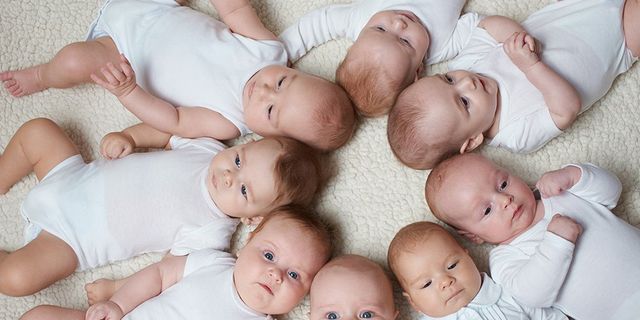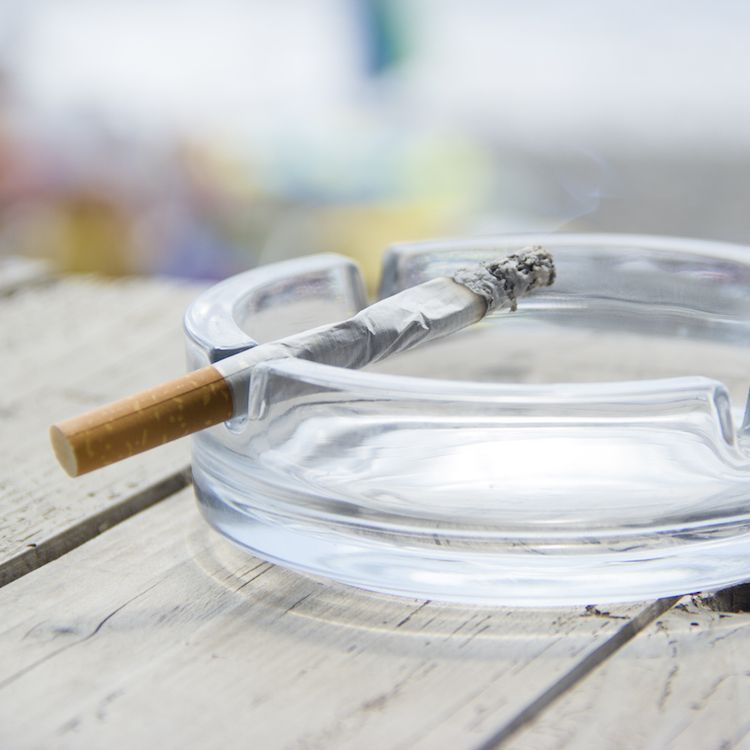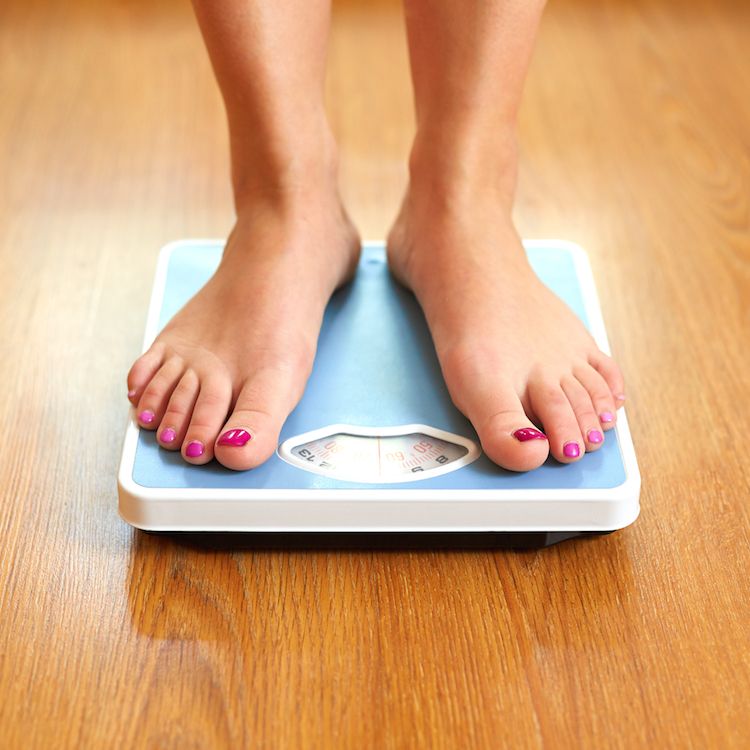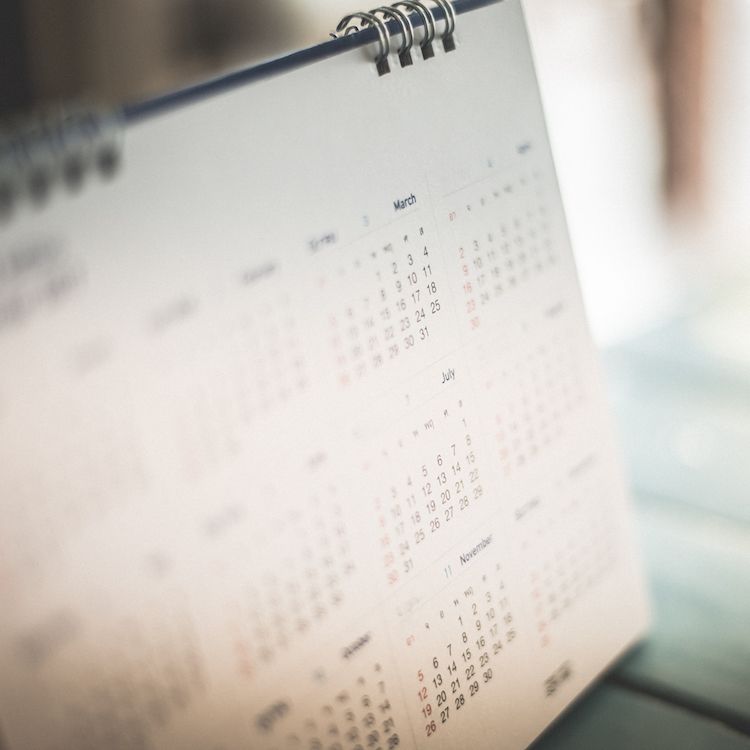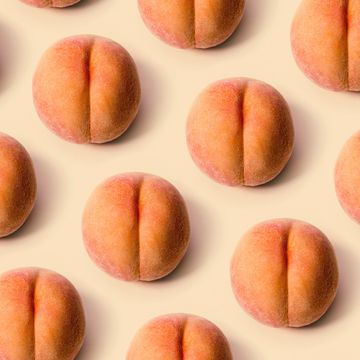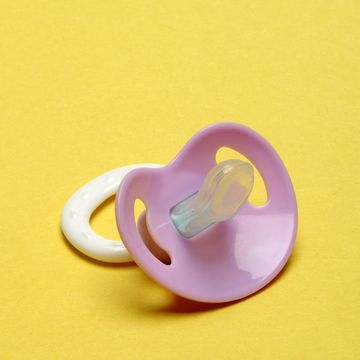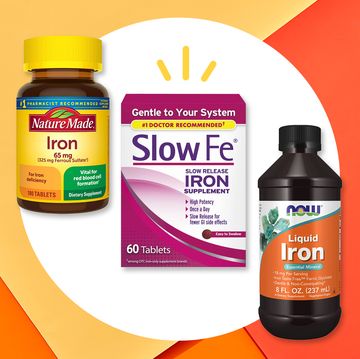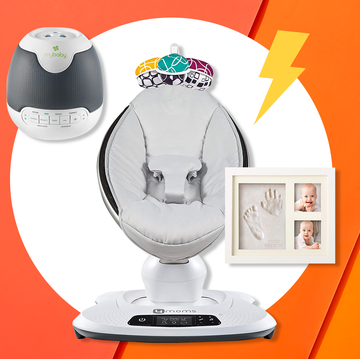Why Some Women Have So Much More Trouble Getting Pregnant Than Others
These five factors could be at play.
A pregnancy seems simple enough—you know the equation. But often, fertility is a two-sided tale: Stories of women who get pregnant with back-to-back twins make the headlines, but the Centers for Disease Control and Prevention (CDC) estimates that about 12 percent of American women ages 15 to 44 years struggle with infertility.
The truth: “There are going to be variations in any human process—whether it’s how long you live or your risk of cancer,” says Aaron Styer, M.D., a fertility specialist at Massachusetts General Hospital. “The same thing applies to fertility.”
The American Society of Reproductive Medicine states that only 5 to 10 percent of women suffer from unexplained infertility, for which there is no apparent cause. But for other women, experts say these five factors can have a major influence on your chances of getting knocked up:

Cassie Shortsleeve is a skilled freelance journalist with more than a decade of experience reporting for some of the nation's largest print and digital publications, including Women's Health, Parents, What to Expect, The Washington Post, and others. She is also the founder of the digital motherhood support platform Dear Sunday Motherhood and a co-founder of the newsletter Two Truths Motherhood and the maternal rights non-profit Chamber of Mothers. She is a mom to three daughters and lives in the Boston suburbs.
Watch Next


Shop These Derm-Approved Stretch Mark Creams
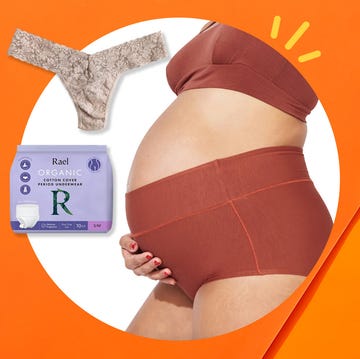
11 Best Maternity Underwear Of 2024, Per Reviews
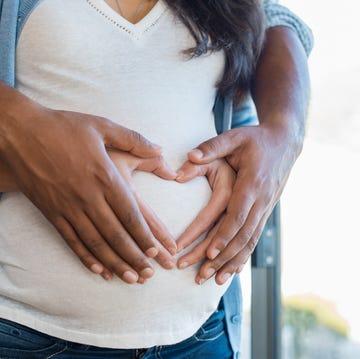
Try These 19 Best Sex Positions For Pregnancy

12 Best Pumping Bras Of 2024, Tested By Experts
